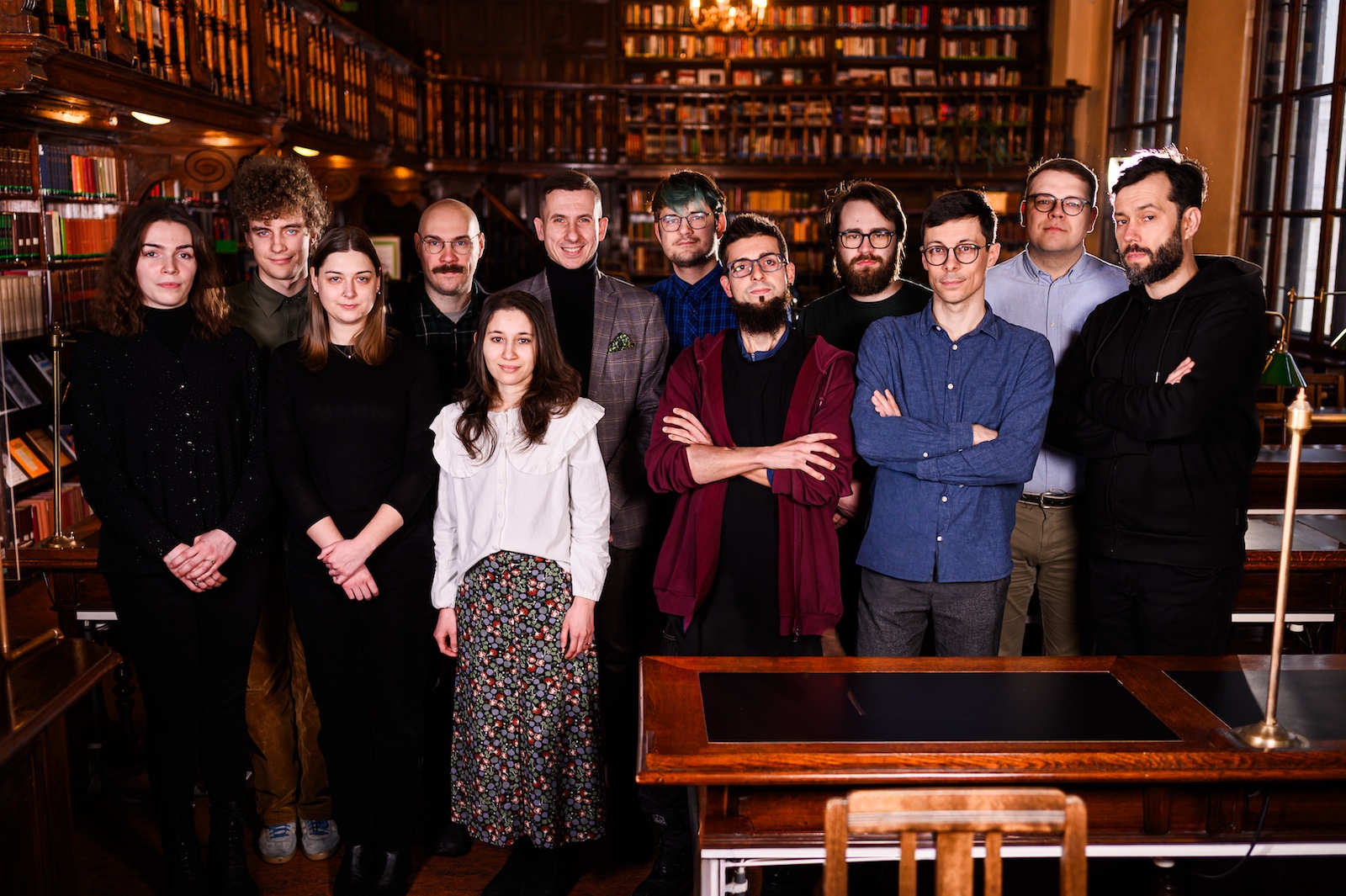
The SCRG is an interdisciplinary team of scholars based in Poznań, Poland, whose work crosses disciplinary boundaries in research on scholarly communication.
In our work, we address research problems from transdisciplinary perspectives, drawing on classical works in sociology of science, higher education research, social studies of science, evaluation studies, critical university studies, and bibliometrics. We also focus on the questions surrounding multilingual writing for academic purposes from policy and practice perspectives, including how academic literacy is developed and valued across different higher education systems. Finally, we investigate the consequences of quantification, social construction of measurement and assessment procedures in research evaluation on academic labour, issues of the development of science, writing practices, and research systems in the global peripheries.
The group is led by professor Emanuel Kulczycki at the Faculty of Philosophy of the Adam Mickiewicz University in Poznań – one of the largest and the best Polish universities.
Our X (Twitter) profile: @ScholarlyCommRG
Summary of our research:
Dr. Fraud sting operation
Publication Patterns
Critique of the Political Economy of Higher Education
We developed a systematic, sectoral, and in-depth Marxist perspective on the critique of political economy of higher education. Book “Capital in Higher Education” proposes an original method of analysis of higher education as a field of capitalist production, grounded at the intersection of mainstream higher education research and contemporary debates in Marxist theories. At the same time, it imbues a political perspective based on the embedding of higher education within the wider social network of antagonistic relations that traverse the capitalist economy at large.
Read more:
Capital in Higher Education: Critique of the Political Economy of the Sector. Palgrave MacMillan.
Political Ontology of Higher Education
Using a qualitative case study of the Polish higher education system the relationship between higher education and the public good got problematised. Seeing the public good as a holistic ideal, transcendent to the higher education reality, it traces different meanings with which it is filled by main actors of the system: policymakers, representatives of collegial bodies, faculty and managers at two public universities (33 semi-structured interviews). The public good in Poland was discussed in four areas: its general definition, the state’s role in higher education, and national and global contributions. Contradictions exposed in the study of Polish higher education’s discourses on the public good (national vs. global; state vs. academic community; mass higher education vs. elite higher education) serve the purpose of further elaborating the concept.
Read more:
For the society as a whole: higher education and the public good in Poland. Higher Education ![]()
Our research is supported by:
 |
 |
 |
|
 |
 |
